Pride does not wish to owe and vanity does not wish to pay
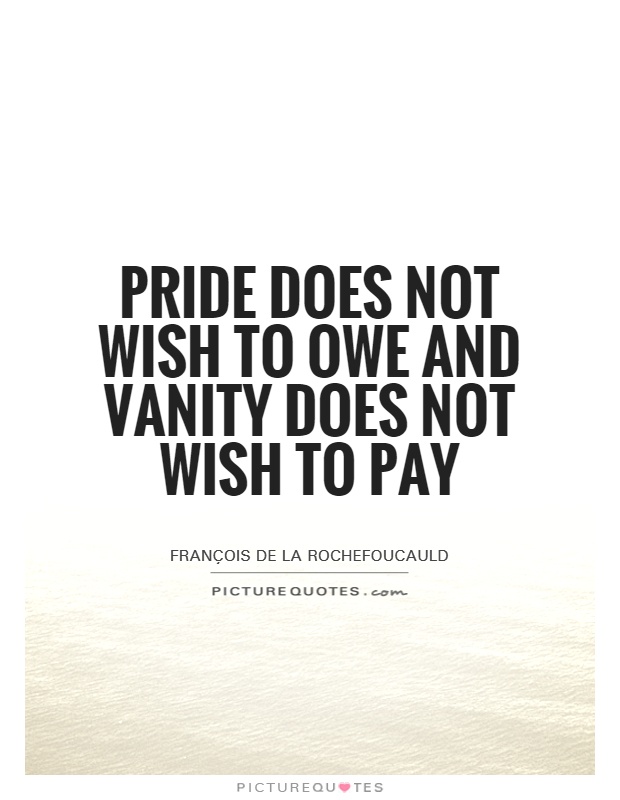
Pride does not wish to owe and vanity does not wish to pay
Francois de La Rochefoucauld, a French author and moralist, is known for his sharp wit and keen observations on human nature. One of his most famous quotes is "Pride does not wish to owe and vanity does not wish to pay." This statement encapsulates the essence of human behavior when it comes to pride and vanity.Pride is often seen as a positive trait, associated with self-respect and dignity. However, La Rochefoucauld suggests that pride can also be a hindrance when it comes to acknowledging one's debts or obligations. Prideful individuals may struggle to accept help or support from others, as they see it as a sign of weakness or inferiority. They would rather maintain their independence and self-sufficiency, even if it means denying the assistance that could benefit them.
On the other hand, vanity is often viewed as a negative trait, associated with excessive self-importance and a preoccupation with one's appearance or reputation. La Rochefoucauld's statement highlights how vanity can lead individuals to avoid paying their dues or fulfilling their obligations. Vanity-driven individuals may prioritize their own desires and needs above all else, neglecting their responsibilities to others or refusing to acknowledge the contributions of those around them.
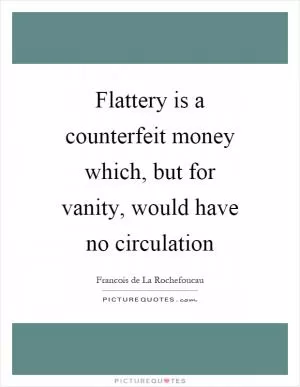





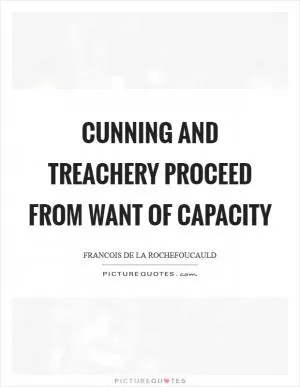

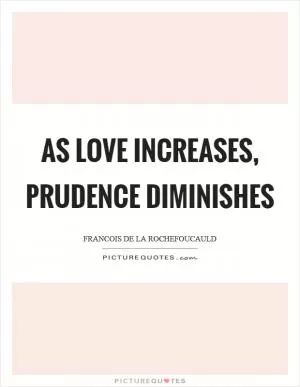
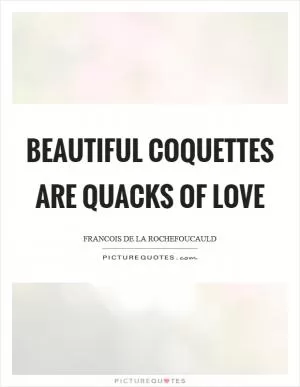


 Friendship Quotes
Friendship Quotes Love Quotes
Love Quotes Life Quotes
Life Quotes Funny Quotes
Funny Quotes Motivational Quotes
Motivational Quotes Inspirational Quotes
Inspirational Quotes